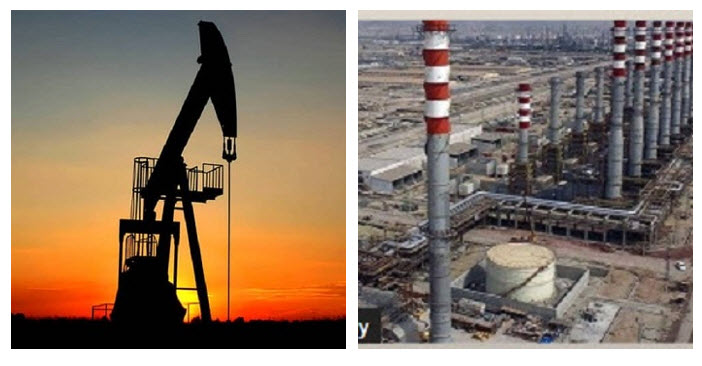
In today’s world, there are authoritarian regimes that have built their power solely on oppression, tyranny, and the accumulation of illegitimate wealth and are not even interested in the development of their nation.
The latter is the case with Iranian religious fascism. These authoritarian governments not only fail to advance their nation’s development but also obliterate future generations by leaving scorched earth behind, rendering it impossible for even future generations to advance the nation’s development. Political freedom among the populace is a key indicator of development, and the two are closely related. The protection of the populace from poverty through supplemental income and unemployment benefits, freedom of access to opportunities, financial credit, and political freedoms are just a few of these freedoms.
Prerequisites for development include political freedoms and equitable distribution of wealth, which the Islamic Republic has not experienced for the past 43 years. Instead, political obstruction, Iranian citizen repression, and unequal wealth distribution have taken place.
Velayat-e-Faqih, or the absolute rule of the clergy, is the cause of totalitarian governments that have seized control of all governmental and economic institutions. By presiding over an oligarchic network, this government has wasted the nation’s wealth by using it to advance and spread their medieval ideology rather than for economic development.
With its security and intelligence agencies, this regime muzzles even the smallest outcry and criticism from the populace. Even those connected to the regime are reticent to discuss the causes of the nation’s underdevelopment.

Prerequisites for development include political freedoms and equitable distribution of wealth, which the Islamic Republic has not experienced for the past 43 years.
Experience has shown that undemocratic and illegitimate governments, like the fascist regime in Iran, establish large administrative structures in an effort to divide and distribute the newly acquired wealth among a network of loyal citizens. Over the past four decades, petrodollars have benefited the regime. Since periodically expanding its administrative infrastructure and hiring as many personnel as to possible, two-thirds of Iran’s annual budgets are now allocated to current expenses or salaries.
While 2.5 million employees are paid several trillion rials, the useful working hours of government offices are underwhelming, and the public sector experiences more labor inefficiencies than the private sector. In the most optimistic scenario, according to the regime’s Research Center, Iran’s useful working hours would be around two hours per day, with the average in the public sector being only 22 minutes.
The religious organizations under the regime are the worst culprits in this wealth wastage because they are given large budgets despite not offering any public services and have a significant negative impact on the economy and development of the nation. Due to this order’s unreasonable hostility, the Iranian regime is sacrificing millions of Iranian citizens through sanctions, isolation, and poverty.

Experience has shown that undemocratic and illegitimate governments, like the fascist regime in Iran, establish large administrative structures in an effort to divide and distribute the newly acquired wealth among a network of loyal citizens.
Iran has been subjected to the harshest international sanctions in more than 40 years, bringing the country’s economy to an all-time low. The isolated and underdeveloped economy of Iran is characterized by high inflation, widespread recession, negative GDP growth, unemployment, and pervasive poverty.
The isolation from the modern world and lack of interaction with developed nations have also left Iran far behind in technology, manufacturing, industry, and modern science. Sanctions are another major barrier to Iran’s political and economic development.
Because Iran is currently on a blacklist for failing to cooperate with the Financial Action Task Force (FATF), most developed nations are hesitant to transact business with Iran. Due to the high costs involved, the regime has been forced to spend the nation’s wealth in creative and expensive ways to get around the financial sanctions, which is depleting the nation’s natural resources, which are important for development in most other nations.
MEK Iran (follow us on Twitter and Facebook), Maryam Rajavi’s on her site, Twitter & Facebook, NCRI (Twitter & Facebook), and People’s Mojahedin Organization of Iran – MEK IRAN – YouTub

